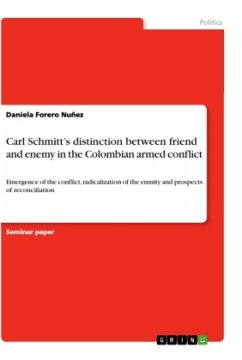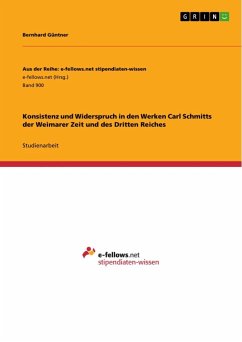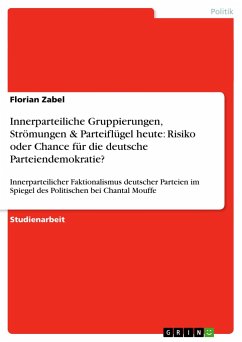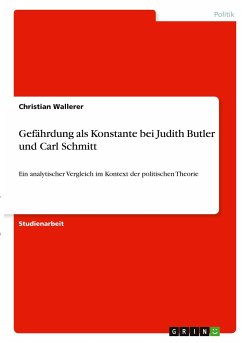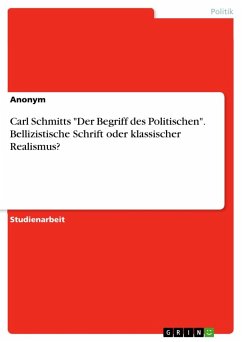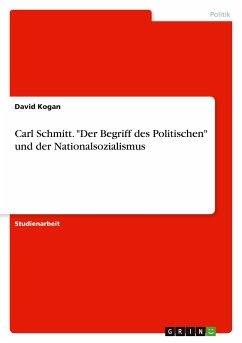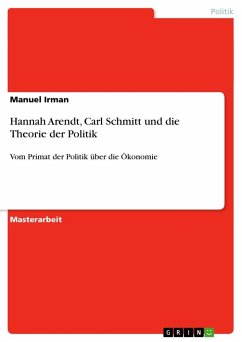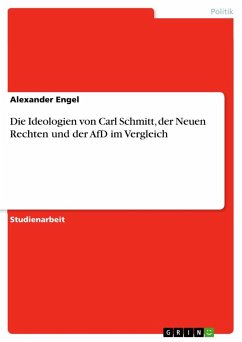Seminar paper from the year 2020 in the subject Politics - Political Theory and the History of Ideas Journal, grade: 1,0, University of Regensburg (Lehrstuhl für Politische Philosophie und Ideengeschichte), course: Grundkurs: Einführung in die Politische Philosophie, language: English, abstract: This paper attempts to analyze the distinction of friend and enemy in the Colombian armed conflict, exploring the causes of its emergence, examining the most intense phases of enmity during the conflict and evaluating the possibilities of reconciliation.Colombian history has been heavily marked by a longstanding internal armed conflict of decades, accompanied by a remarkable political, and even moral discourse of the friend and the enemy. The distinct phases of the distinction between friend and enemy have reflected either a political tension between the involved actors, or a brutal confrontation that has led until the present time to a devastating outcome. However, the radicalization of the enmity, especially characteristic of the last decades, has attenuated with the enhanced desire of peacebuilding in the country. In this sense, the Peace Accords of 2016 can be considered as an important milestone towards peaceful coexistence and as a vital step in the reconsideration of the friendenemy distinction.In order to achieve a comprehensive understanding of the Colombian armed conflict from this theoretical framework, some of the most important aspects of its emergence, development and resolution will be analyzed in accord with core arguments of the Concept of The Political and the Theory of the Partisan of Carl Schmitt. On one side it is attempted to determine if the typical friend-enemy distinction of the German political theorist can be applied to the Colombian case. On the other hand, it should be analyzed on what extent the FARC, seen as the public enemy, reflect the partisan nature and personify the absolute enemy characterized by Schmitt. Likewise, it should beevaluated if the different phases of the friend-enemy distinction, directly connected to a degree of political tension and enmity, can also be found in the development of Colombian armed conflict throughout its prolonged history.
Hinweis: Dieser Artikel kann nur an eine deutsche Lieferadresse ausgeliefert werden.
Hinweis: Dieser Artikel kann nur an eine deutsche Lieferadresse ausgeliefert werden.

